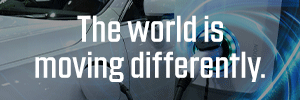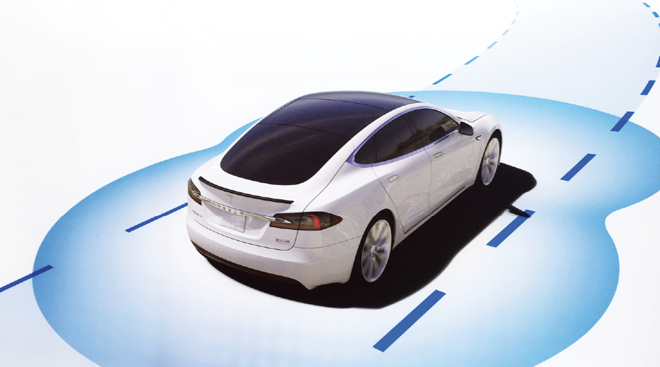It was a tragic milestone: last May, Joshua Brown, “a friend to Tesla and the broader EV community,” became the first person to die in a crash that occurred while his Model S was in Autopilot mode.
The National Highway Traffic Safety Adminstration (NHTSA) made a full investigation into the circumstances of the accident, and has now announced its findings. The agency “did not identify any defects in the design or performance” of Autopilot, or “any incidents in which the systems did not perform as designed.” It also noted that the frequency of crashes involving Tesla vehicles declined by about 40 percent after the company introduced Autopilot.
NHTSA placed responsibility for the accident primarily on the driver. According to the report, Brown did not apply the brakes, and his last action was to set the cruise control at 74 miles per hour, less than two minutes before the crash.
The agency said the truck that Brown collided with should have been visible to him for at least seven seconds before impact. He “took no braking, steering or other actions to avoid the collision.”
The report did note that drivers could be confused about whether the system or the driver is in control of the vehicle at certain times.
“Not all systems can do all things,” NHTSA spokesman Bryan Thomas told the New York Times. “There are driving scenarios that automatic emergency braking systems are not designed to address.”
US Transportation Secretary Anthony Foxx told reporters that drivers have a duty to maintain control of a vehicle, and that automakers must explain the limits of semi-autonomous systems. “The [auto] industry is going to have to be clear about what the technology does and what it does not do.”
Legal experts said the agency’s decision does not mean automakers would escape liability claims in cases where driver assistance systems fail to prevent a crash.
“If it is known that drivers are misusing and being confused by your self-driving system, then that in and of itself can be a safety-related defect,” product liability lawyer Jason Stephens told Reuters.
Source: Reuters, The Guardian, New York Times



















































